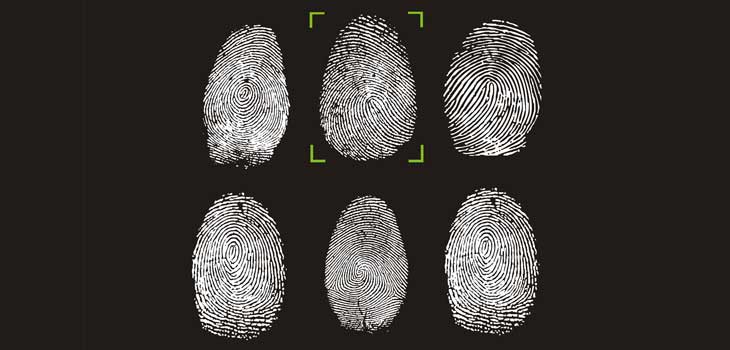
In brief
- The Gaughran decision will require changes in the retention rules in England and Wales, Scotland and Northern Ireland.
On February 13, the European Court of Human Rights (ECHR) unanimously upheld Mr Fergus Gaughran’s claim that he had suffered an unlawful interference in his private and family life under Article 8 of the Convention by the indefinite retention of his DNA profile, fingerprints and photograph (Gaughran v United Kingdom (App No 45245/15), [2020] All ER (D) 78 (Feb)).
In 2008, twelve years ago, Mr Gaughran was arrested in Northern Ireland for the recordable (ie imprisonable) offence of driving with excess alcohol. He pleaded guilty, was fined £50 and disqualified from driving for 12 months. His DNA sample was destroyed in 2015 in line with the ECHR ruling in S and Marper v UK [2008] ECHR 1581, but the Northern Ireland Police Service (PSNI) did not agree to destroy his DNA profile, fingerprints and photograph.
PSNI’s refusal









